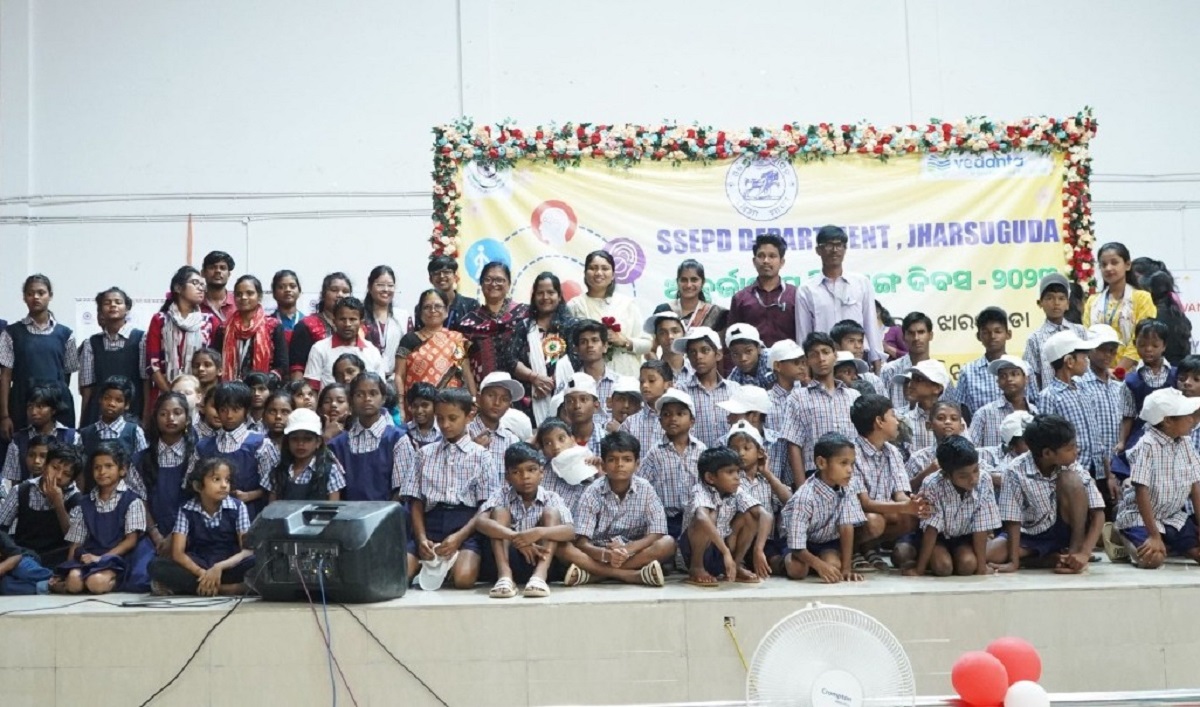The Konyak Union, a key organization representing the Konyak Naga community in Nagaland, has appealed to the Governor of Nagaland and the Central Government to reconsider its decision to construct a border fence along the India-Myanmar boundary and to reinstate the Free Movement Regime (FMR) provision, which was scrapped in 2018.
In a formal letter, the union raised concerns over the “profoundly adverse impact” the proposed border fencing would have on the Konyak Naga community, which has historically had close ties across the border, with ancestral lands and familial bonds linking the Indian and Myanmar sides. The community claims that the demarcation of the India-Myanmar border was based on “arbitrary colonial decisions” made without consulting the Konyak people, who have long lived as one community, sharing resources, culture, and kinship across this border.
The union expressed that the construction of the border fence would disrupt the livelihoods of Konyak families in India, particularly those who depend on farming land across the border in Myanmar. It would also sever crucial familial and economic ties for Konyak families living in Myanmar who rely on access to the Indian side for daily necessities. The Konyak Union has argued that if fencing is deemed necessary, it should align with the “traditional boundary lines” of the Konyak Naga community, rather than the “artificial lines” established by colonial powers. The community has made it clear that it will not accept any division that forces a separation of its land and people.




